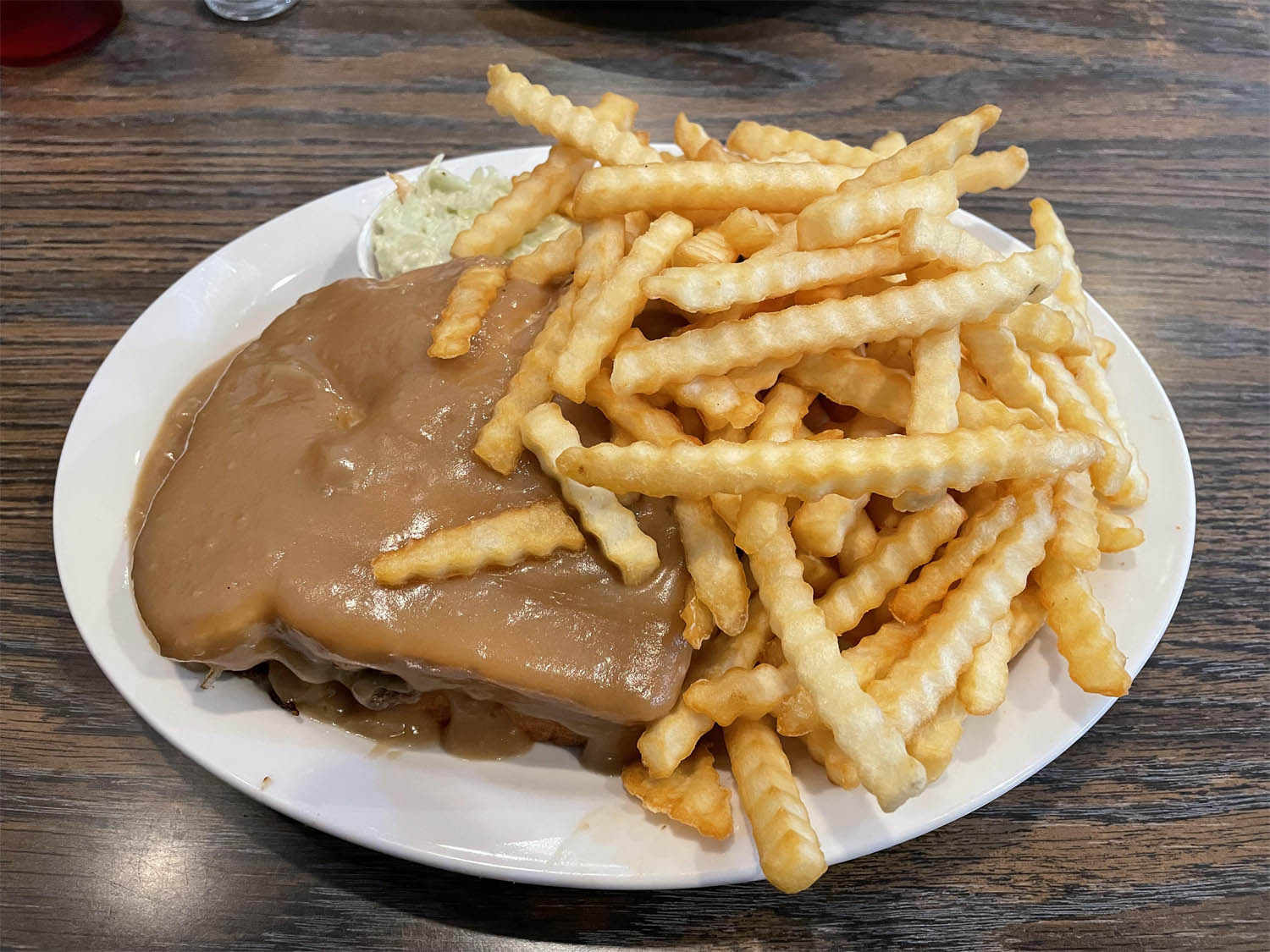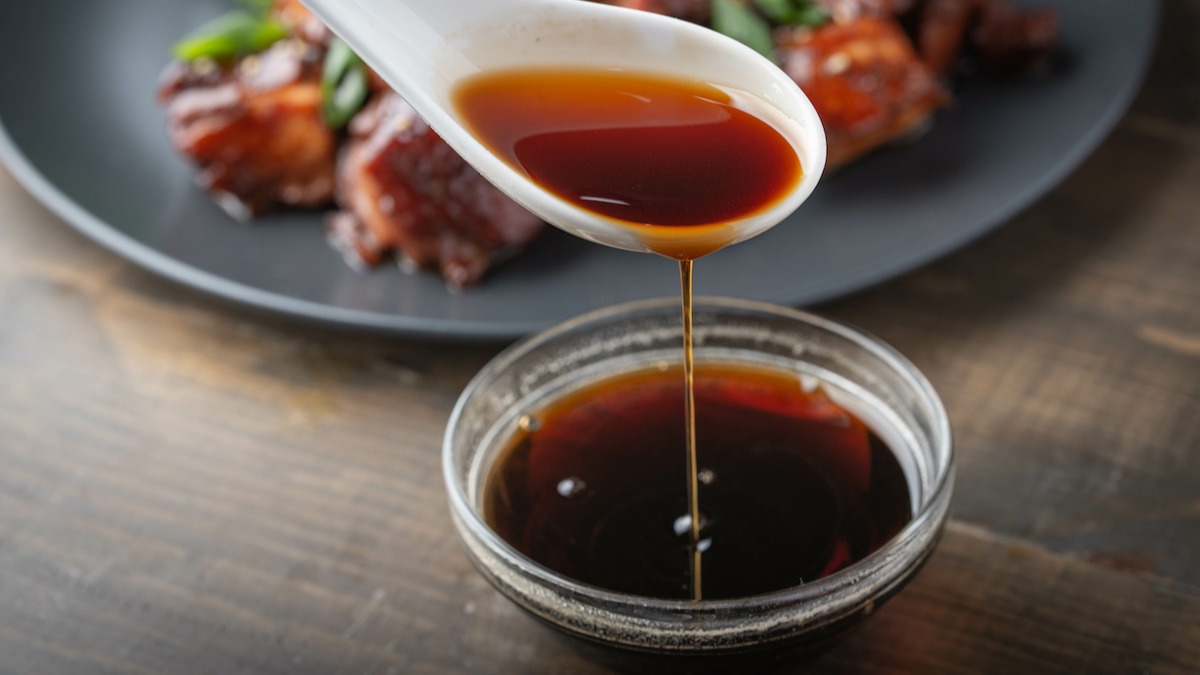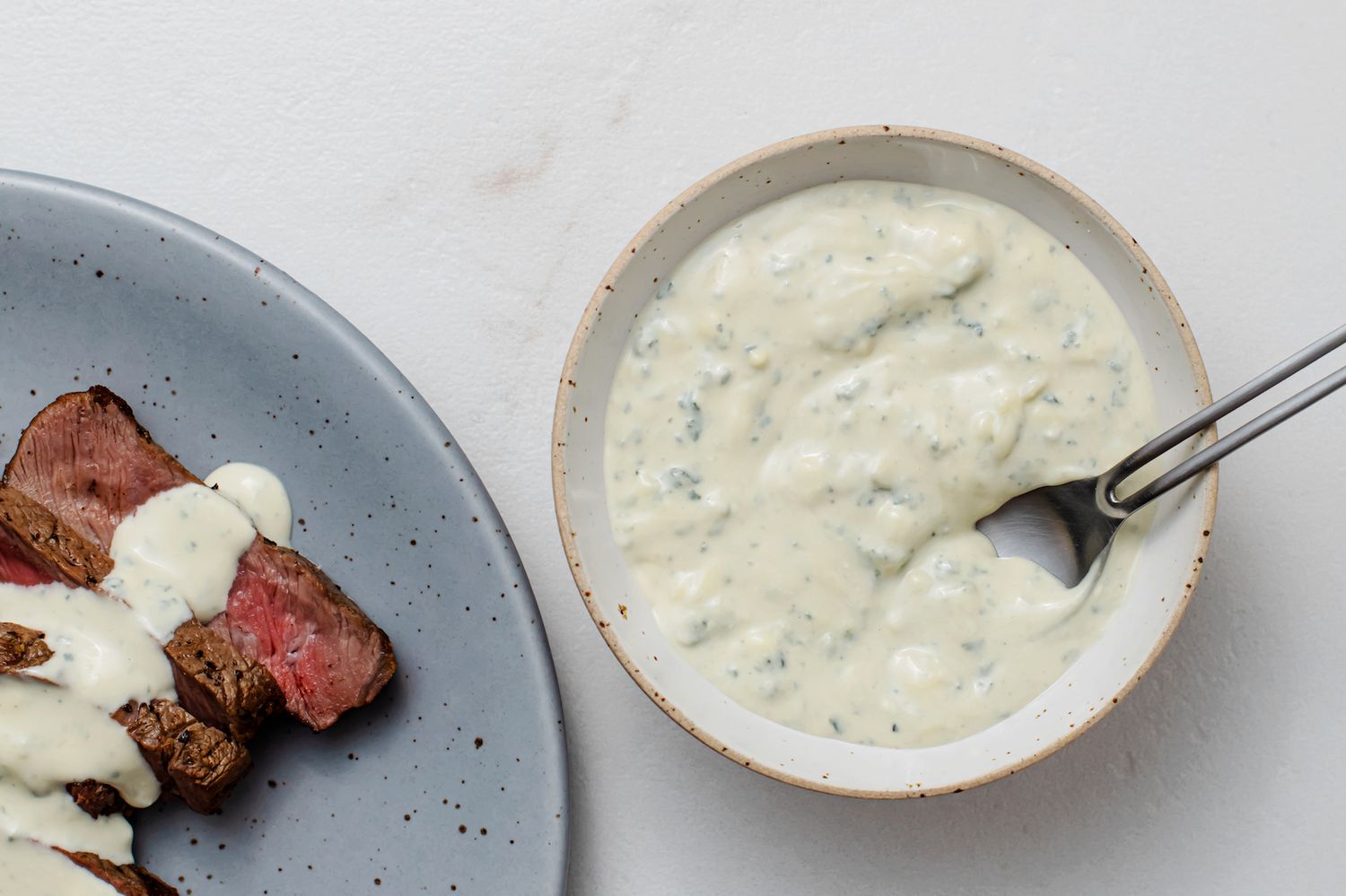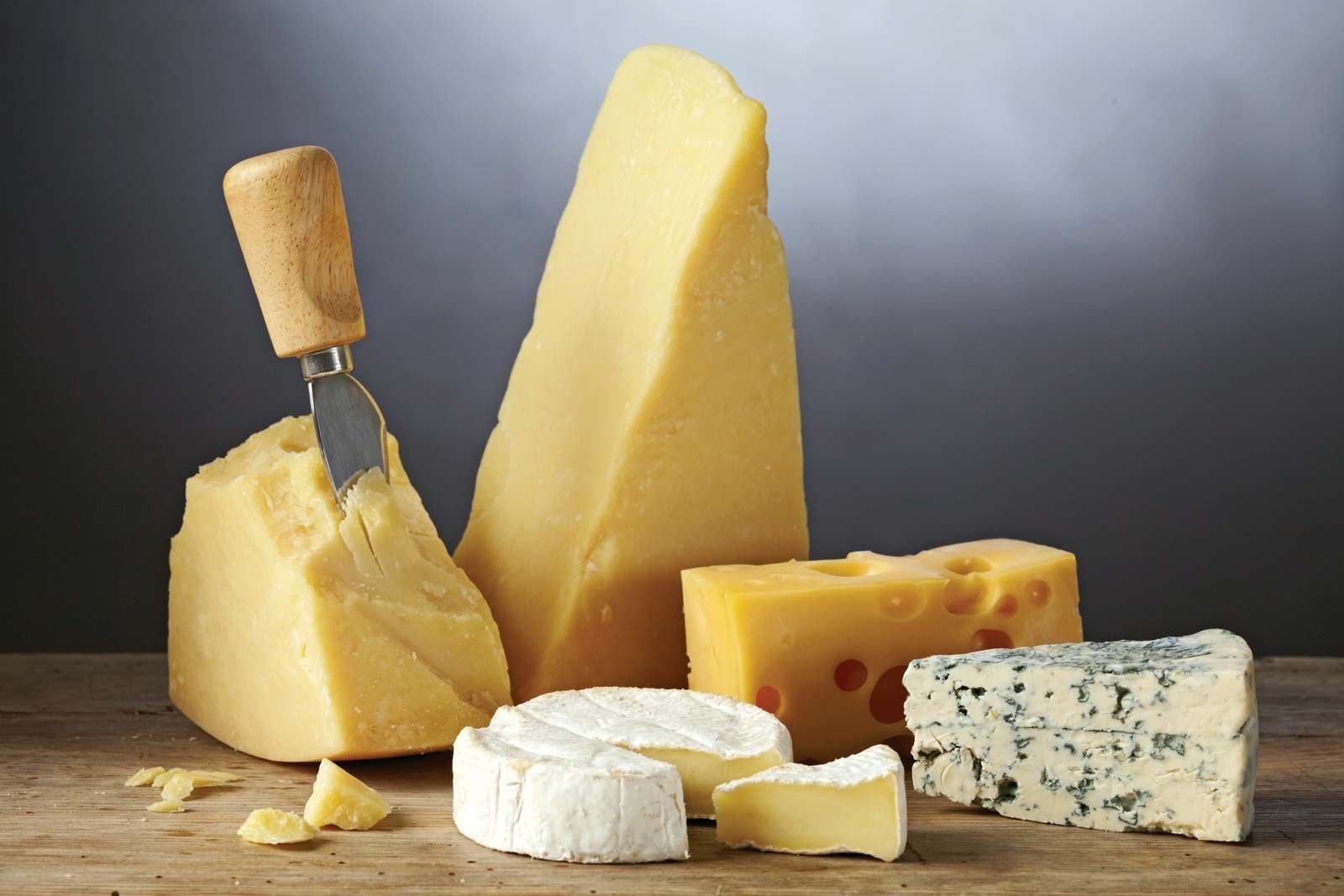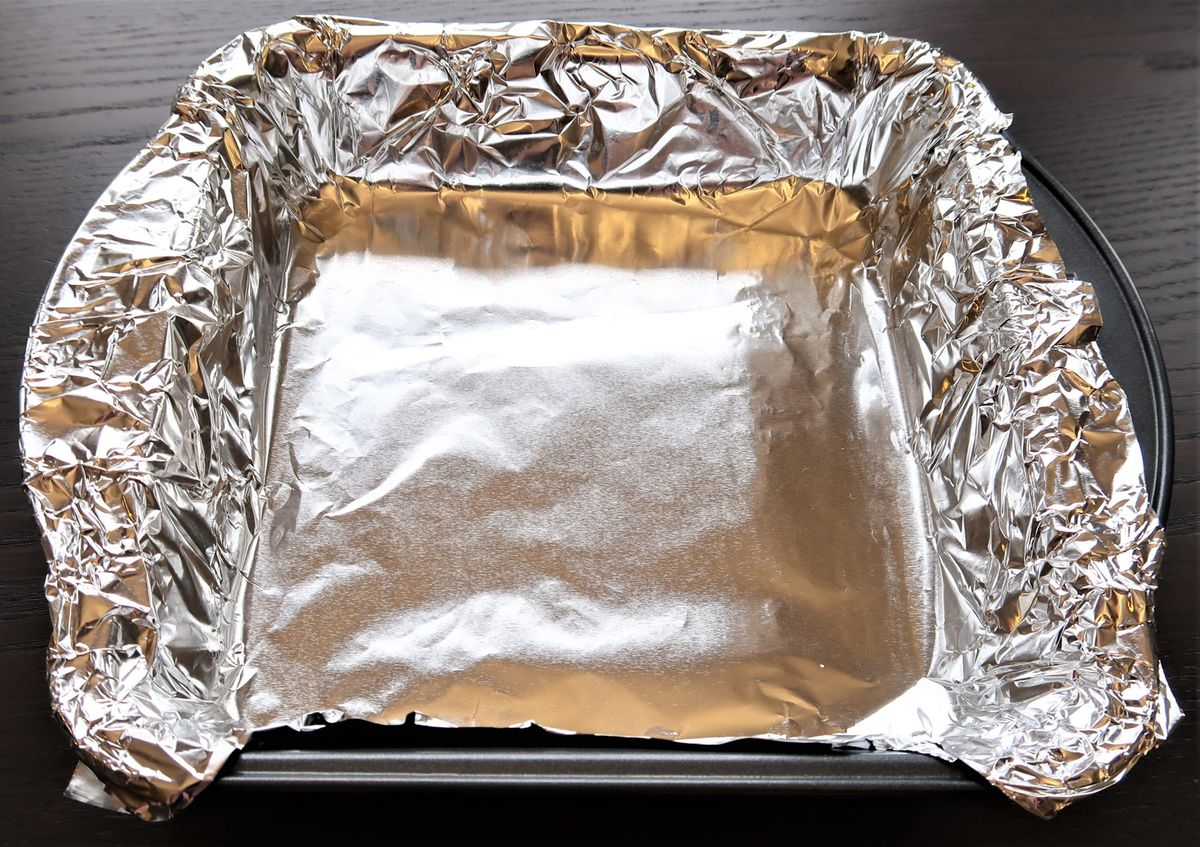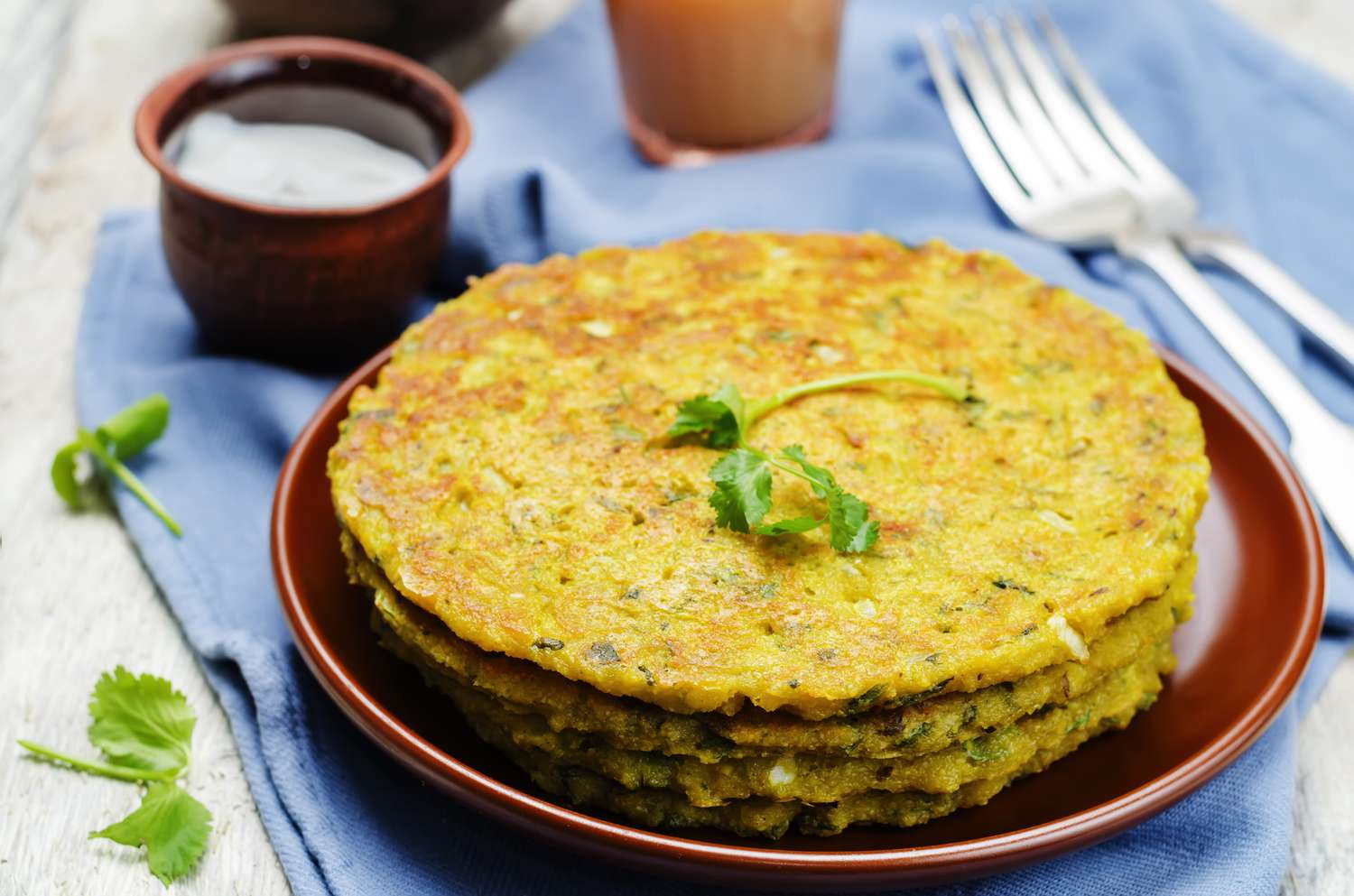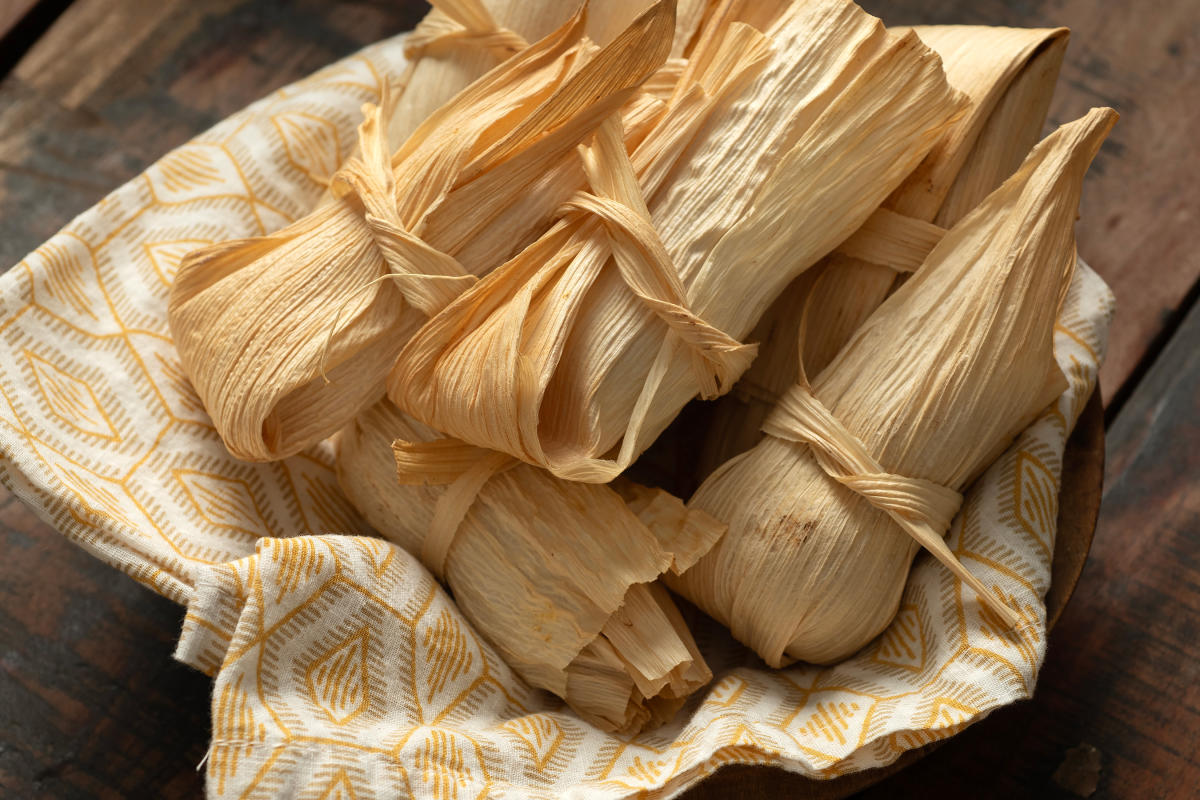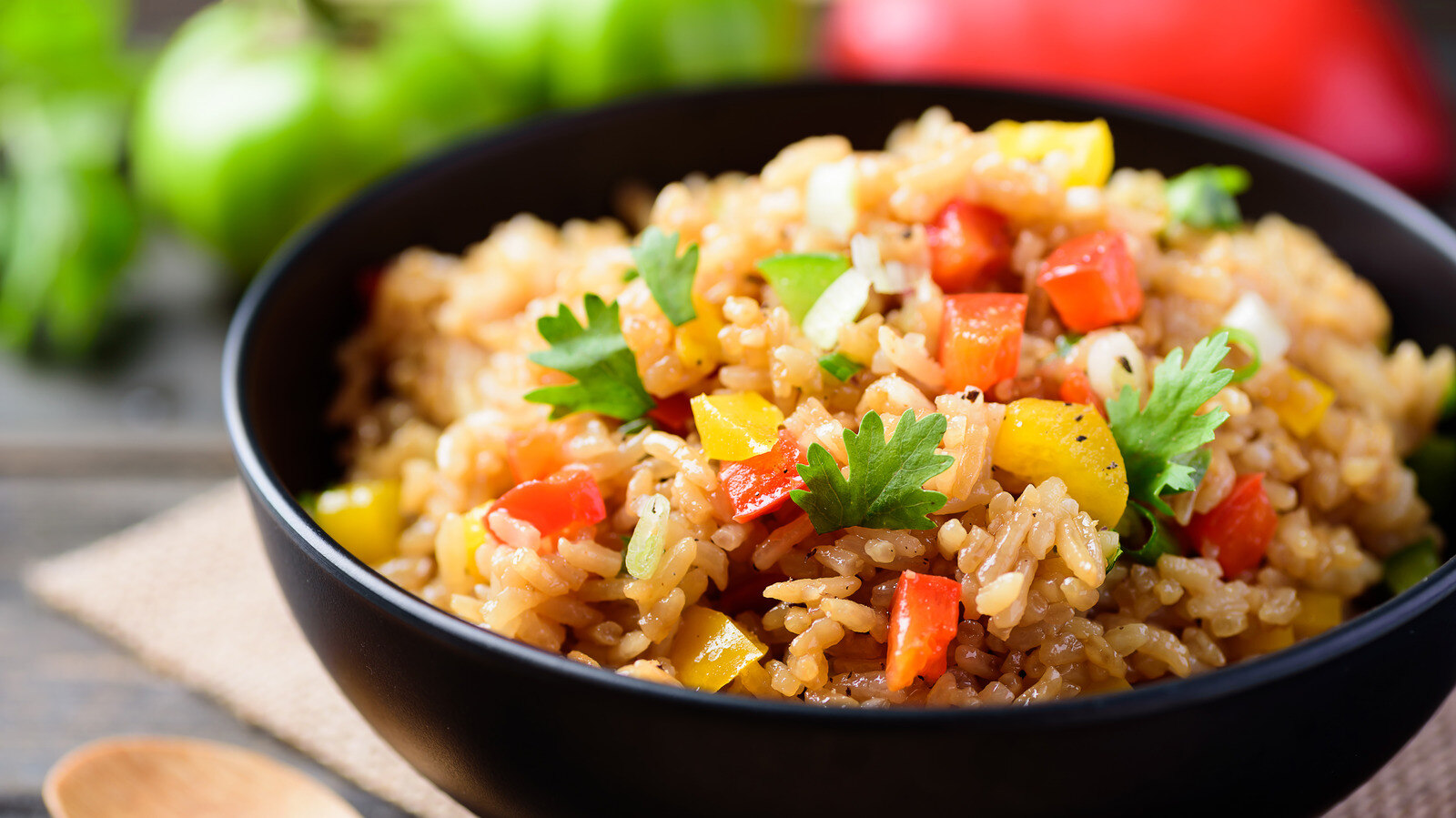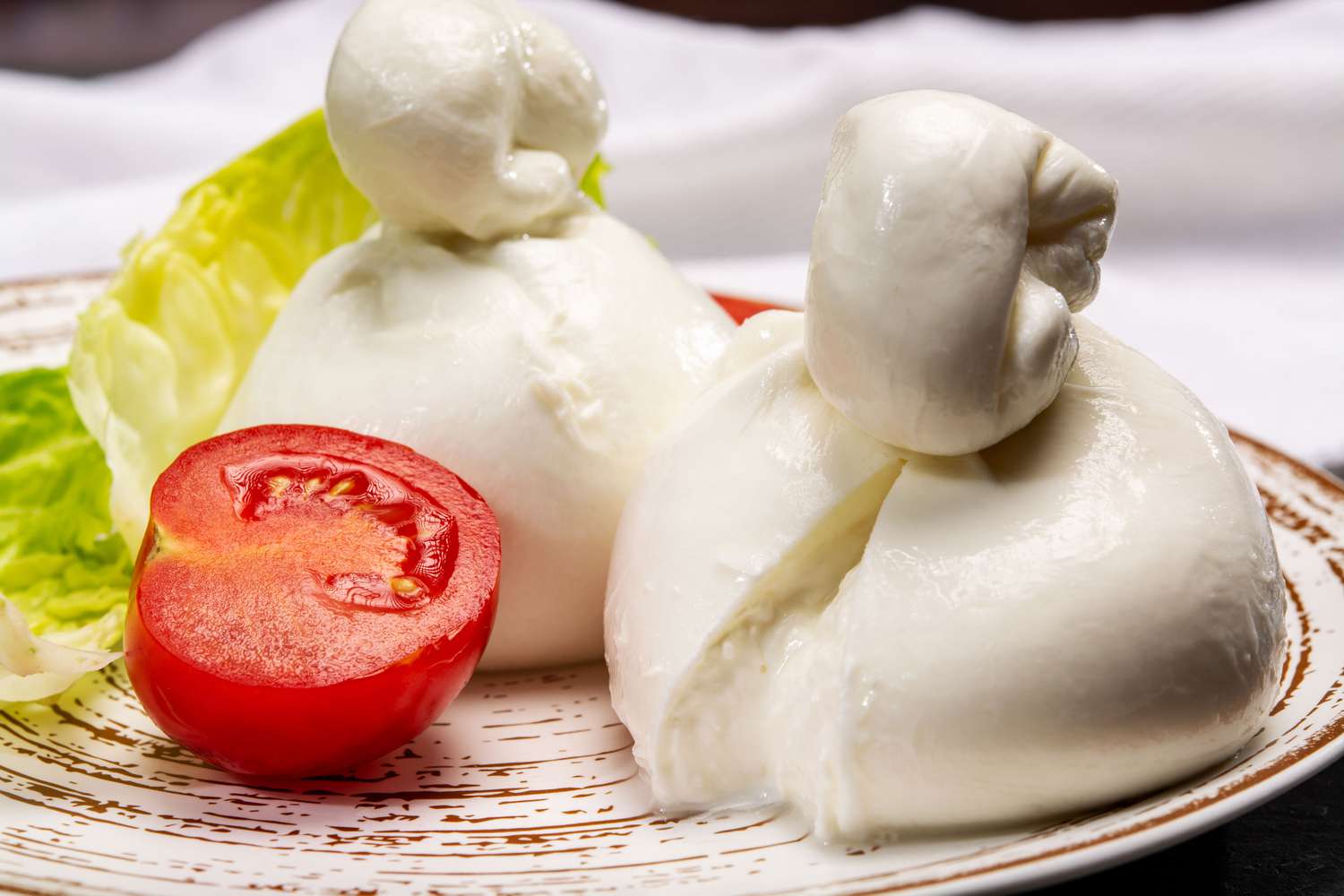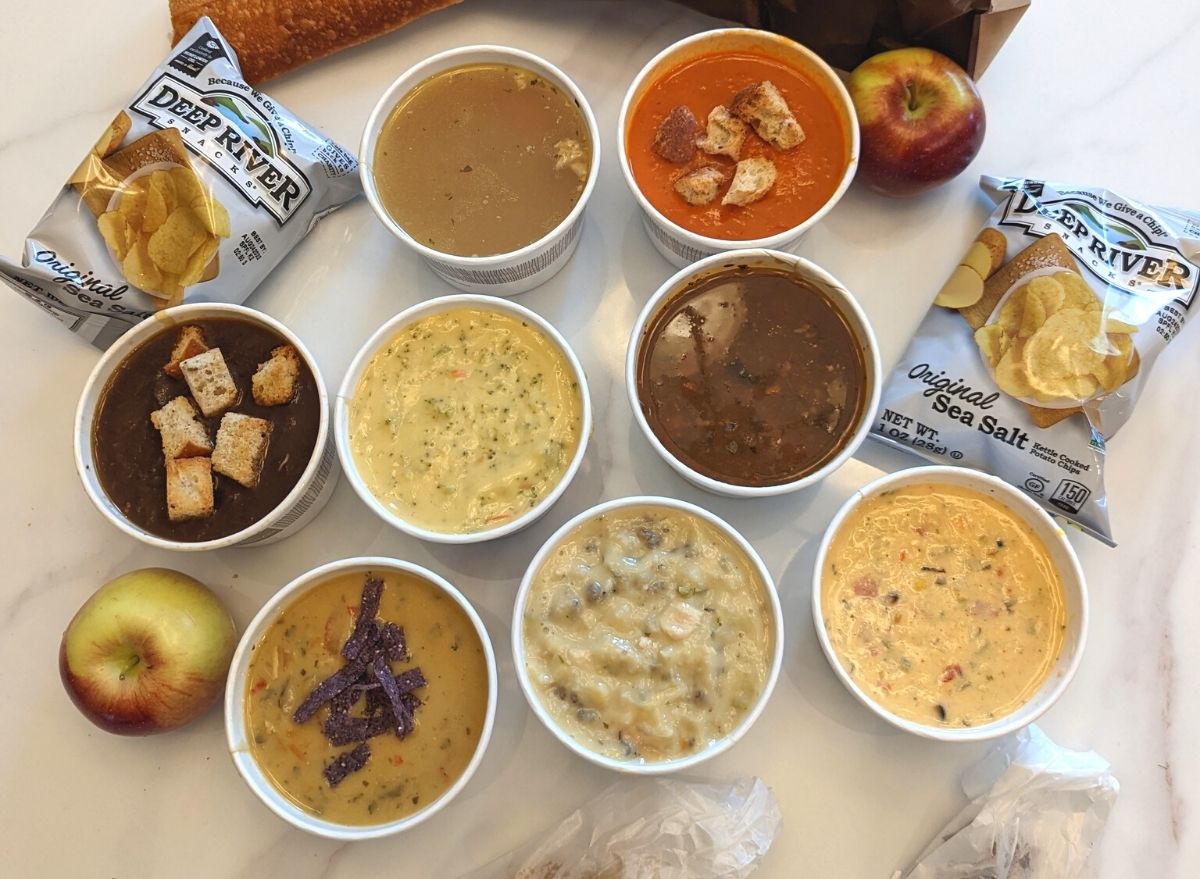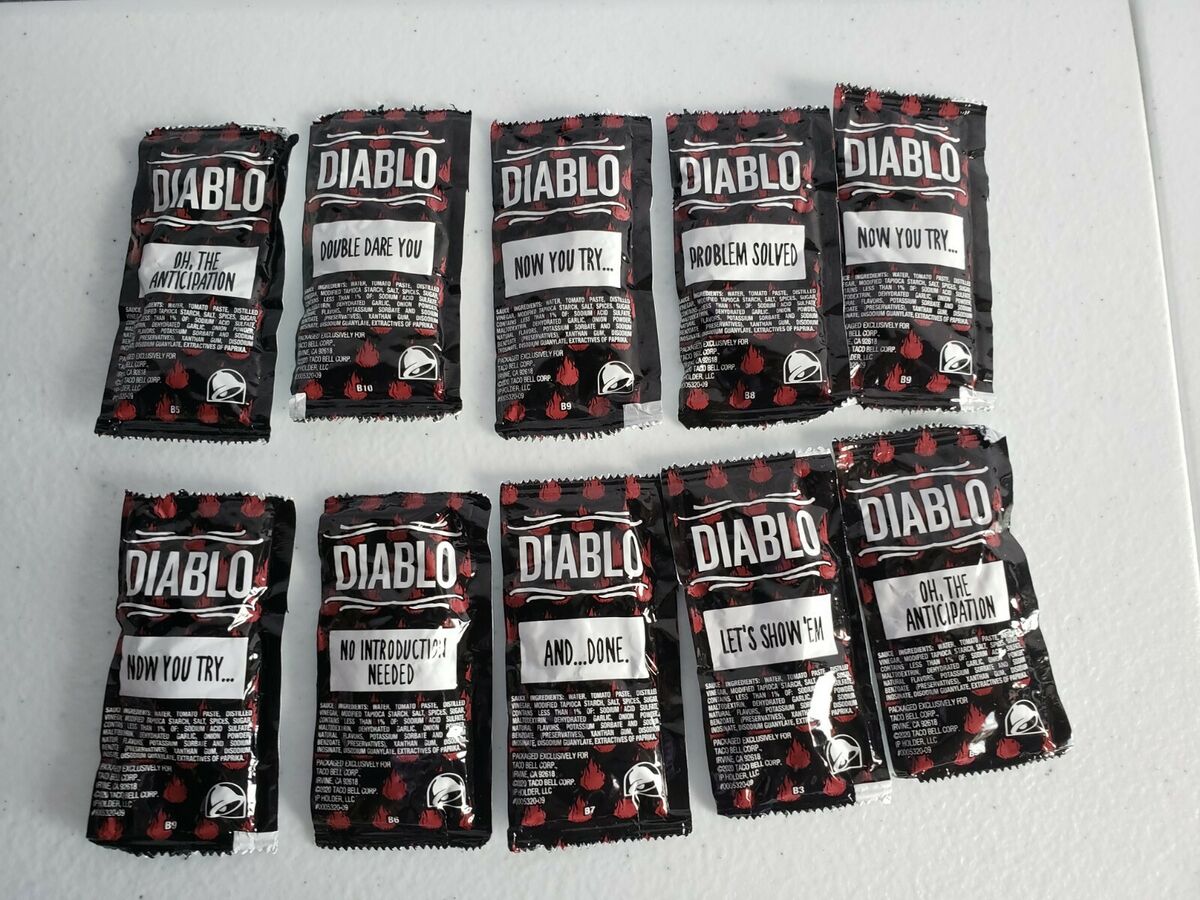The Difference Between French Oven and Dutch Oven
When it comes to cooking, having the right tools can make all the difference. Two popular pieces of cookware that often cause confusion are the French oven and the Dutch oven. While they may seem similar, there are some key differences between the two that can affect their performance in the kitchen.
French Oven
The French oven, also known as a cocotte, is a type of heavy, enameled cast-iron pot with a tight-fitting lid. It is designed for slow cooking and can be used on the stovetop or in the oven. French ovens are known for their excellent heat retention and distribution, making them ideal for braising, stewing, and simmering.
- Heavy, enameled cast-iron pot
- Tight-fitting lid
- Ideal for slow cooking, braising, stewing, and simmering
Dutch Oven
The Dutch oven is a versatile, heavy-duty pot that is usually made of seasoned cast iron. It features a tight-fitting lid that helps trap moisture and flavor during cooking. Dutch ovens can be used for a wide range of cooking methods, including baking, roasting, frying, and stewing. They are also popular for outdoor cooking, as they can be placed directly over hot coals or an open flame.
- Versatile, heavy-duty pot
- Made of seasoned cast iron
- Ideal for baking, roasting, frying, stewing, and outdoor cooking
Key Differences
While both French and Dutch ovens are excellent for slow cooking and can be used for similar dishes, there are some key differences between the two:
- Material: French ovens are typically made of enameled cast iron, while Dutch ovens are often made of seasoned cast iron.
- Design: French ovens usually have a lighter-colored enamel interior, while Dutch ovens have a dark, seasoned interior.
- Uses: French ovens are best suited for slow cooking and can be used on the stovetop or in the oven, while Dutch ovens are more versatile and can be used for a wider range of cooking methods, including baking and outdoor cooking.
Which One Should You Choose?
Ultimately, the choice between a French oven and a Dutch oven depends on your cooking needs and preferences. If you primarily cook slow-cooked dishes and want a piece of cookware that can go from stovetop to oven, a French oven may be the best choice for you. On the other hand, if you’re looking for a versatile pot that can handle a variety of cooking methods, including baking and outdoor cooking, a Dutch oven may be the better option.
Both French and Dutch ovens are valuable additions to any kitchen and can elevate your cooking to new heights. Whether you choose a French oven or a Dutch oven, you can be sure that you’re investing in a high-quality piece of cookware that will serve you well for years to come.
So, the next time you’re in the market for a new piece of cookware, consider the differences between French and Dutch ovens to make an informed decision that will enhance your culinary adventures.
Was this page helpful?
Read Next: What Is Empress Chicken
